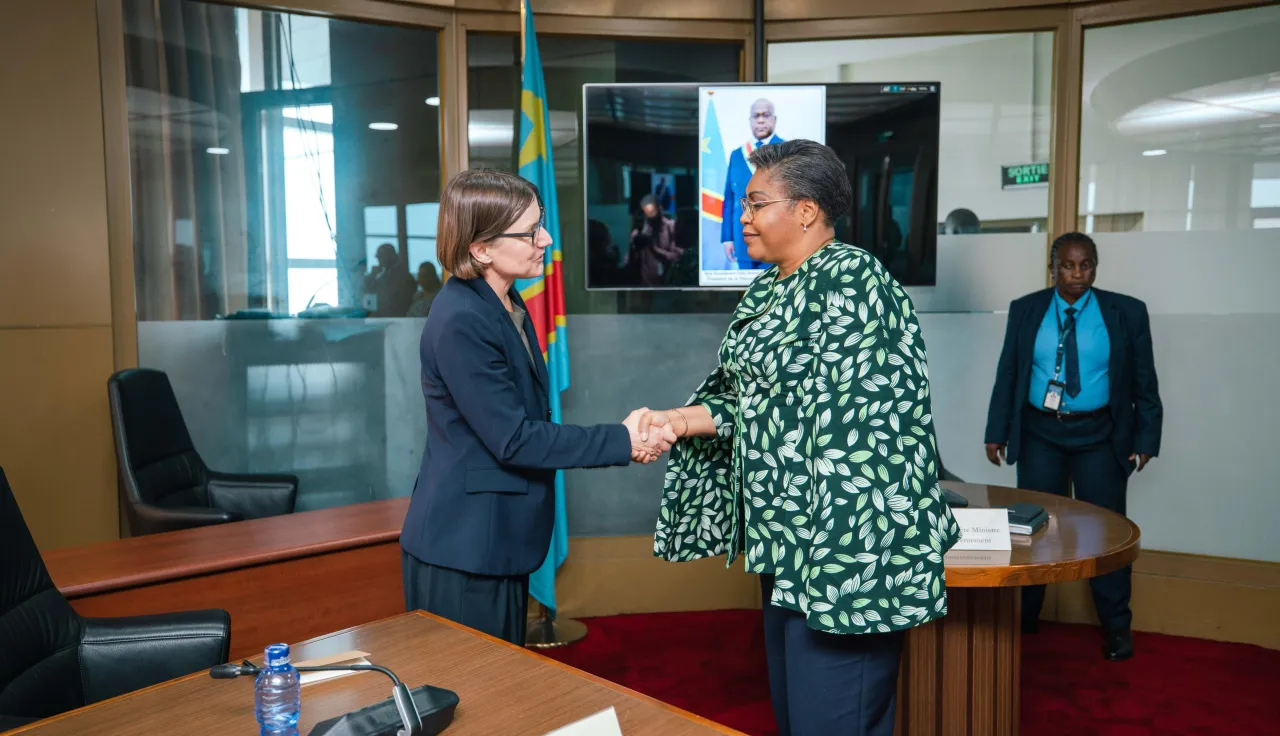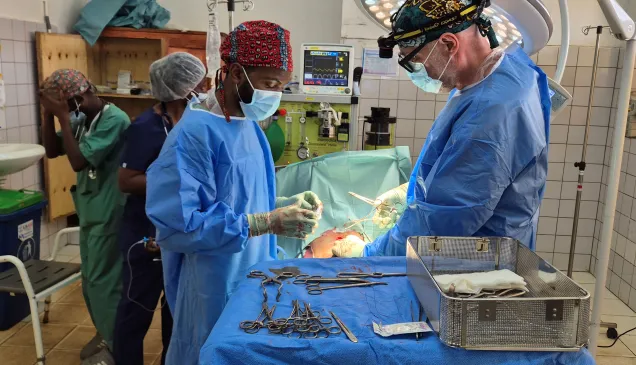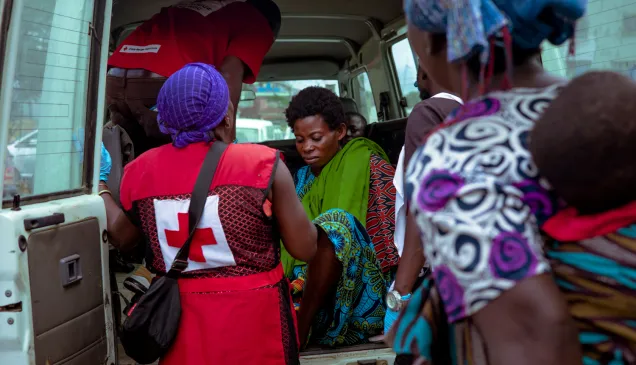Ms Spoljaric met the prime minister, Judith Suminwa Tuluka, the deputy prime minister and minister of defence, Guy Kabombo Mwadiamvita, and the minister for foreign affairs, Thérèse Kayikwamba Wagner, to discuss the humanitarian situation in the Great Lakes region.
In particular, they discussed the devastating consequences of armed conflict on civilians in eastern DRC and the crucial role that international humanitarian law can play in ensuring their protection and reducing their suffering. They also discussed the operation being facilitated by the ICRC to transport hundreds of soldiers and police officers, as well as their families, from Goma to Kinshasa. Ms Spoljaric reiterated the ICRC’s willingness to act as a neutral intermediary to carry out any humanitarian agreement.
The visit was also an opportunity to discuss the DRC’s involvement in the Global Initiative to Galvanize Political Commitment to International Humanitarian Law. This unique initiative was launched in September 2024 by the ICRC and six countries in order to mobilize all governments worldwide to ensure greater compliance with the rules of war.
In Kinshasa, Ms Spoljaric also met the president of the Red Cross Society of the DRC, Grégoire Mateso Mbuta Way, and spoke about strengthening the ties between the two organizations and coordination within the International Red Cross and Red Crescent Movement.
The ICRC has been present in the DRC since 1978, providing protection and assistance to the victims of the armed conflicts and other violence that have regularly racked the country. The organization reunites families, visits people held in detention, helps victims of sexual violence and sick and wounded people to have access to health care, and champions international humanitarian law.
Ms Spoljaric’s time in the DRC is part of a wider visit to the region. She has also been in Rwanda, where she met the president and staff and volunteers in the Rwandan Red Cross.
About the ICRC
The International Committee of the Red Cross (ICRC) is a neutral, impartial and independent organization with an exclusively humanitarian mandate that stems from the Geneva Conventions of 1949. It helps people around the world affected by armed conflict and other violence, doing everything it can to protect their lives and dignity and to relieve their suffering, often alongside its Red Cross and Red Crescent partners.




